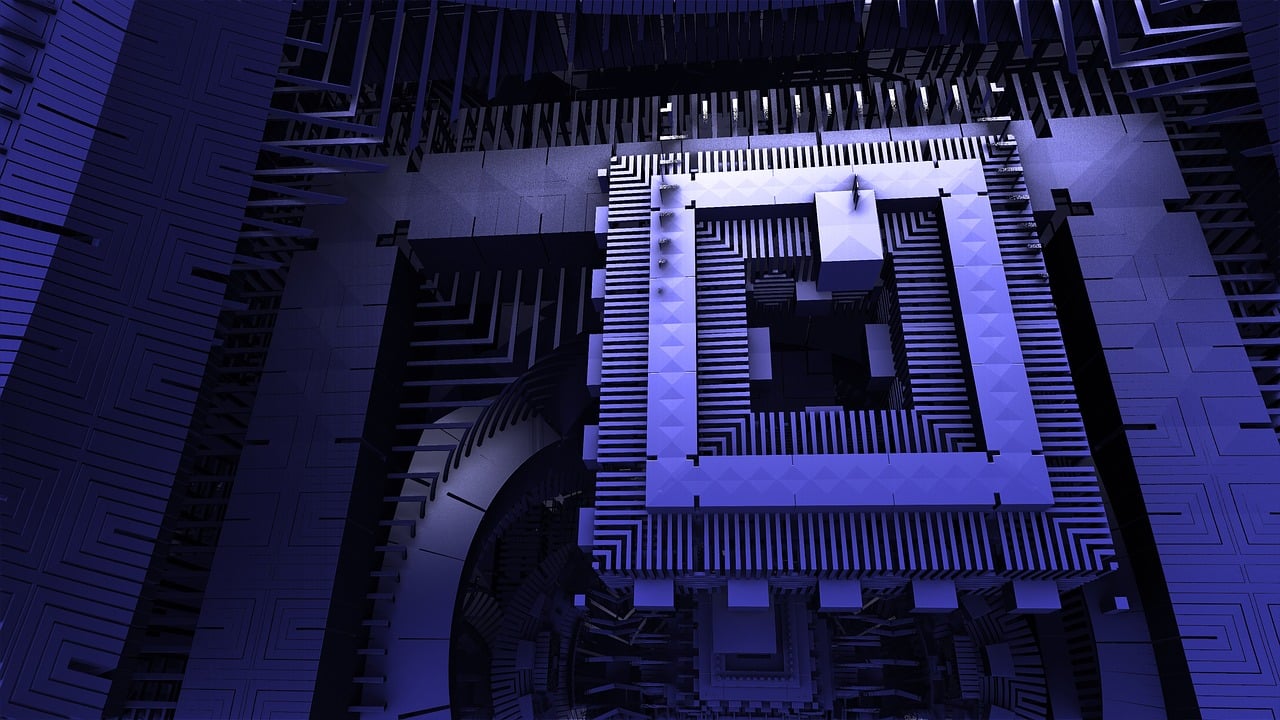Physicists have been talking about and working on quantum computing for almost three decades. On Wednesday, Google published a study in the journal Nature detailing how its quantum computer far outperformed the classical computers, achieving what scientists call ‘quantum supremacy.’ Many other companies such as IBM, Intel, and Microsoft are working on their own quantum computers. They could radically change the world of computing. Wondering what quantum computing is and how it differs from the traditional supercomputers? Let’s find out.
Quantum supremacy is when quantum computers perform calculations that were previously impossible. Google has been working on an in-house quantum computing chip for more than a decade. Its Sycamore chip had 54 qubits, but one of them wasn’t working as intended. It means the quantum computer had 53 qubits.
According to Google, its machine performed a complex computation in just 200 seconds. Performing the same task on IBM Summit, the world’s most powerful supercomputer, would take an estimated 10,000 years. Summit is capable of performing tasks at 200 petaflops. It makes Google’s machine 1.5 billion times more powerful than the most powerful supercomputer in existence!
Understanding the differences
The workings of a supercomputer are the same as other classical computers such as your smartphone and Windows computer. These electronic devices use logic circuits to perform tasks and memory cells to store the results. They are binary systems, storing information as zero or one.
The classical computers work on a series of “if this, then that” scenarios. So, they could end up taking a lot of time to perform a calculation where every possibility is equally likely.
Quantum computing begins right where supercomputers’ capabilities end. Quantum machines don’t follow the standard rules of physics. While traditional computers stick to the “If this, then that” logic, quantum machines can explore endless possibilities with their “If this, then that, or both” logic. It allows them to assess more than one probability at the same time.
Traditional computers store and process data in the form of zero or one. But quantum machines use quantum bits or qubits, which can process and store different states of ones and zeroes at the same time through the ‘superposition’ phenomenon.
Adding just one more qubit will double the number of solutions a quantum machine can explore in the same amount of time. That’s why scientists are working to add more qubits to their quantum machines.
According to scientists, the computational power of a quantum machine would grow at a “double-exponential rate.” By comparison, the performance of traditional computers has been adhering to Moore’s Law, doubling every 18 months.
But things aren’t as rosy as they sound when talking about quantum machines. The qubits generate enormous noise, which scientists are still trying to suppress. Also, they process data at such insane speeds that it’s difficult to identify and correct the errors. They could also lose some of the data. Researchers at Google and other companies are working on error-correction methods that would allow the computer to sidestep the problems.
The future: Which quantum machines replace classical computers?
Quantum computers are still a thing of the laboratory. They are several years away from going mainstream. Google will allow the US Department of Energy, Volkswagen, and Daimler to start using its quantum machines in 2020. The machines will be available as a cloud service over the Internet.
Companies working on quantum machines will have to overcome numerous challenges before they go mainstream. Excessive noise, loss of data, and errors are just a few of them. They also have to find a solution to the fact that quantum processors work properly only when kept at perfect-zero temperatures. Even a 0.01% change in the temperature could affect their computational power. Also, these machines will be highly expensive.
Quantum computing is in its infancy. It’s in a phase similar to where the classical computing was in the 1980s. Just remember how far computers have come in the last three or four decades.
Scientists have said that quantum computing will not be the end of supercomputers, or any other classical computer for that matter. Hartmut Neven, one of the researchers who developed Google’s quantum machine, said quantum computers will serve as “accelerators” for traditional machines. For the foreseeable future, they will be used only for artificial intelligence and other highly specific tasks.
Last year, Boston Consulting Group said that quantum computing could “change the game” in a number of fields including agriculture, cryptography, machine learning, artificial intelligence, and pharmaceuticals. They could help design new drugs, create new materials, and speed up product development.





